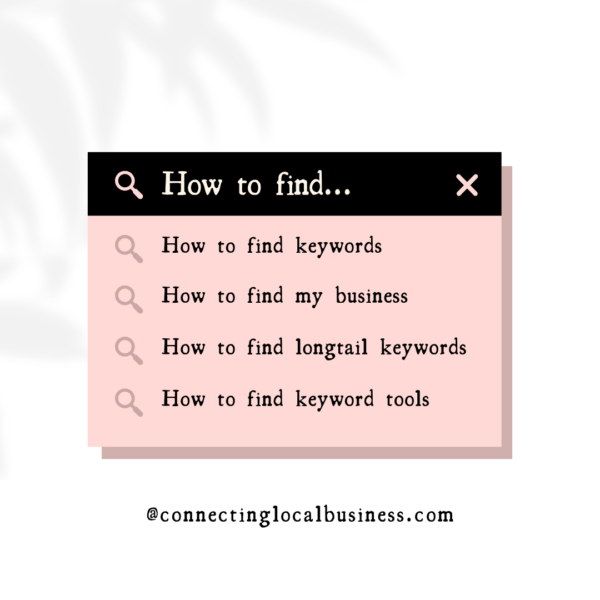Summary
Developing a keyword strategy will help with the content you are producing or will produce in the future. How to do Keyword Research and Keyword Mapping
As a business owner, having our website and accounts found on the search engine is critical for business development. Using keywords that describe our niche and search intent should be your goal. Developing a keyword strategy will help with the content you are producing or will produce in the future.
I have written a few articles in terms of keywords and how they impact our search engine optimization over the past years. One that helps you understand what they are, and find them, and the second one is about tracking them. Also, check out the Quick Tip post.

How to do Keyword Research and Keyword Mapping
Before diving in, we need to understand the theory and how to find the keywords.
Understand the SEO Keyword Theory
- Keywords are the words and/or phrases users search for when they want to find a business, a piece of information, images, and more.
- Optimizing your website with these keywords helps your site be seen in the results during a search engine query.
- SEO is not just about the keywords. While they are a key factor in the optimization process today, they are not the only factor.
Keywords are important because they tell the search engine what you are known for, in both website and social media. Also, in local markets, it helps you with your search results if people are looking for something by adding the words of your town or the area that you serve.
If you think about it in the scheme of things, and you happen to have a common name to your business or the niche that you’re in is extremely popular, keywords can help you differentiate yourself from everyone else.
How to Find Keywords
There’s no one perfect way to find your keywords. There are multiple methods, such as using a search engine, the result dropdowns, plus suggested searches. You can also use websites that help you find keywords that people are purchasing through the ad platforms.
The most well-known one is Google Ads and their keyword planner. Now you must normally have a Google Ads account to access that planner. If you don’t, there are other resources.
You can use something such as SEMRush.com and Moz.com. KeywordTool is another decent one. Most of these will have a cost associated with them after a trial period or a limited number of searches.
What is important is the tracking of your keywords and the placement of them in your content so you’re not duplicating keywords. You want to be known for specific keywords overall. Plus, you don’t want to use the same ones over and over again.
That’s where your tracking and mapping comes into play. This is called keyword mapping.
How to Do Keyword Mapping
Let’s understand what keyword mapping is and how it works.
What is Keyword Mapping?
Keyword Mapping is using a spreadsheet or something similar to track the keywords as you complete your research. You can then track how you are to use them in the future and where they are being used.
- Will that keyword be used in a blog post?
- Will it be used on the homepage as the main keyword you want to be known for?
- Maybe you are a blogger and you are using it in a blog post.
- Perhaps you’re using it in social media.
What is the Purpose of Keyword Mapping
The purpose of tracking the keywords is so you’re not reusing the same ones over and over and over. That is called cannibalizing your keyword. You’ve put the keyword and the page in competition with each other.
What ends up happening is you won’t rank for any of them. There are so many variations of the keywords that you should not have an issue running out.
Using the Ad search tools as I spoke about before actually gives you the ranking of the keywords in popularity, and by dollar value, if you’re using Google’s tool.
That doesn’t mean you have to use the most popular ones because those will be difficult to rank for. Using terms with smaller results can bring you more traffic because they may be highly defined search words or long-tail keywords. This will give you deeper niche results.
I hope this helps you better understand keywords and how to find and map them for your business. If you need assistance, please book your consultation today.



0 Comments